Stuart Connor - Whats Your Problem?: Making Sense of Social Problems and the Policy Process
Here you can read online Stuart Connor - Whats Your Problem?: Making Sense of Social Problems and the Policy Process full text of the book (entire story) in english for free. Download pdf and epub, get meaning, cover and reviews about this ebook. year: 2013, publisher: Critical Publishing, genre: Politics. Description of the work, (preface) as well as reviews are available. Best literature library LitArk.com created for fans of good reading and offers a wide selection of genres:
Romance novel
Science fiction
Adventure
Detective
Science
History
Home and family
Prose
Art
Politics
Computer
Non-fiction
Religion
Business
Children
Humor
Choose a favorite category and find really read worthwhile books. Enjoy immersion in the world of imagination, feel the emotions of the characters or learn something new for yourself, make an fascinating discovery.

- Book:Whats Your Problem?: Making Sense of Social Problems and the Policy Process
- Author:
- Publisher:Critical Publishing
- Genre:
- Year:2013
- Rating:3 / 5
- Favourites:Add to favourites
- Your mark:
Whats Your Problem?: Making Sense of Social Problems and the Policy Process: summary, description and annotation
We offer to read an annotation, description, summary or preface (depends on what the author of the book "Whats Your Problem?: Making Sense of Social Problems and the Policy Process" wrote himself). If you haven't found the necessary information about the book — write in the comments, we will try to find it.
This lively book provides an essential introduction to the critical analysis of social problems and the policy process. It argues that policy does not just have an impact of peoples lives, but that people can and should have an impact on policy.
Rather than assuming that social policies reflect an inevitable response to pre-existing givens, the author adopts a more proactive position to show how a problem is fabricated and how a particular response to a problem is legitimated. He goes on to demonstrate how the struggle over the meaning and desirable response to a range of social issues continues to take place not only in Parliament, but across broadcast and print media and the numerous internet channels. The book provides students, practitioners and activists with a rationale for and means to read, write and perform policy analysis.
Drawing on the notion of policy literacy, readers will be introduced to a range of resources to enable them to further develop the ability to both read (comprehend), write (create, design, produce) and perform (influence and shape) policies. The book is illustrated throughout with examples from historical and contemporary representations of social problems and local, national and global policy making and practice. Each section will make reference to a toolkit that tutors, student and activists can access to help inform their practice.
Presented in an accessible format, the book demonstrates that making sense of social issues and the policy process, also means making sense of some of the fundamental questions, values and assumptions of how is / should society be organised and our own role in the shaping of society. In this way the book not only provides practical and critical insights into the policy process, but is also an intellectually challenging and stimulating read.
Stuart Connor: author's other books
Who wrote Whats Your Problem?: Making Sense of Social Problems and the Policy Process? Find out the surname, the name of the author of the book and a list of all author's works by series.

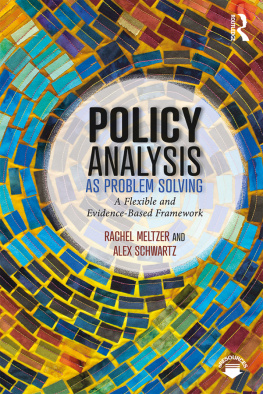
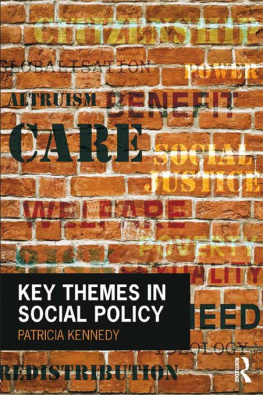

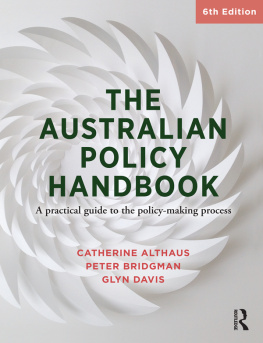
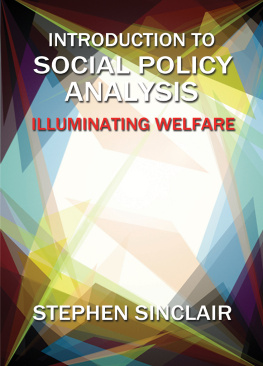

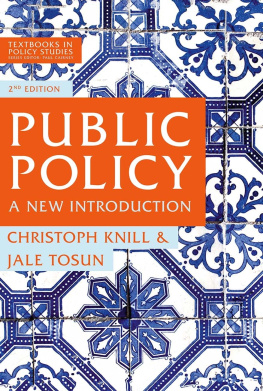

 you are on a course, possibly Social Work, Social Care, Health Studies, Social Policy, where you need to learn more about social problems and social policies in order to complete the assignment and pass the module;
you are on a course, possibly Social Work, Social Care, Health Studies, Social Policy, where you need to learn more about social problems and social policies in order to complete the assignment and pass the module;